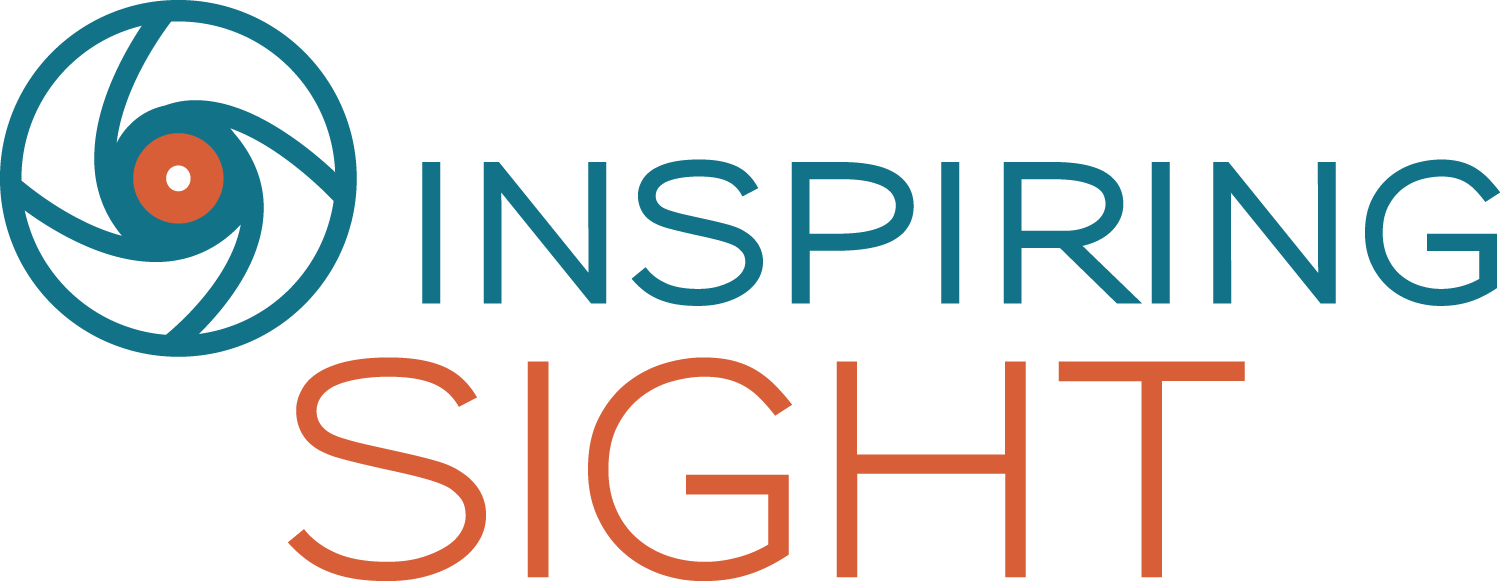Is Your Organization a Firefighter or Smokey The Bear?
Organizations tend to either be reactive or proactive in nature and there is nothing more effective at exposing that nature than a good pandemic. As you look back over your pandemic experience, what have you learned about your organization? Are you reactive like a Firefighter and proactive like Smokey the Bear?
Most of us know a Firefighter is a rescuer responsible for rapidly, efficiently, and safely performing under emergency conditions frequently involving considerable hazard. In short, their role is to react to fires already in play and to save people already in danger (statements here are not a slight on firefighters, merely a reality of the design of the firefighting role). We need firefighters, but only if they are trained to be one because it is their job.
Most of us are also familiar with Smokey The Bear for his infamous phrase, “Only YOU Can Prevent Forest Fires.” In case you are not familiar, Smokey is a fictional bear created for the explicit purpose of engaging the public in the role of preventing forest fires. Born on Aug 9, 1944 by The U.S. Forest Service and Ad Council, both creators agreed a fictional bear would be an effective symbol for their joint efforts to promote forest fire prevention.
To be clear, firefighters and Smokey The Bear (through his creators), both care-deeply about the forest, safety, and the protection of people. There’s one big difference… firefighters react, and Smokey The Bear prevents. When organizations use phrases like, “ We’ll deal with that when it happens”, “We just have to get through this then we will look at the impact”, “We don’t have time to take a day out to plan” or “We can’t afford to bring someone in to help us do long range planning.” These are signs of firefighting.
I always ask firefighting organizations, “What will it cost your organization if you don’t deal with this?” “What might the health of your organization look like; financially, emotionally, and productively, if you weren’t operating in crisis mode?” Even firefighters only fight fires about 10% of them time. The rest of the time they are training and preparing for that 10%.
Newton’s Third Law of Motion proved that for every action there is an equal and opposite reaction.
Just like staying silent speaks volumes, operating in crisis-mode has a cost.
When organizations use phrases like, “How will doing this help us meet our goals and move us closer to our mission?” “What might the unintended consequences of our decision be?” “What could happen in the long term if we do nothing?” “What do we anticipate might happen if we go this direction?” These are signs of a Smokey The Bear approach.
Organizations that engage in time for reflection, planning, strategic thinking, incorporate feedback loops, and stay ahead of issues, spend more time in meaningful work related to their mission, better anticipate threats and challenges, and have employees who are more engaged.
These things increase resiliency for managing things like, loss of funding, a key staff person suddenly leaving or...pandemics.
When leading strategic planning efforts, I ask two questions, “What potential threats might the organization face and what might the unintended consequences be for your strategies and plans? I define threats as, “things out of your organizations’ control and situations you are forced to react to.” I describe unintended consequences as “potential negative impacts despite your best intentions and working positively toward your mission.”
Interestingly, even during a pandemic, organizations continue to struggle naming even one threat. They have an equally difficult time naming any unintended consequences.
These are signs of firefighting. To be proactive and preventative, it is necessary to look down the road and anticipate challenges, disruptions, and consequences.
So how does an organization move from being a Firefighter to Smokey The Bear?
Stay tuned. In my next segment, I will introduce you to Upstream Thinking and tell you what might have happened if Smokey the Bear’s creators had spent time anticipating two questions... what threats exist and what are the unintended consequences?
You can reach INspiringSIGHT with questions or comments at marykay@inspiringsight.com

